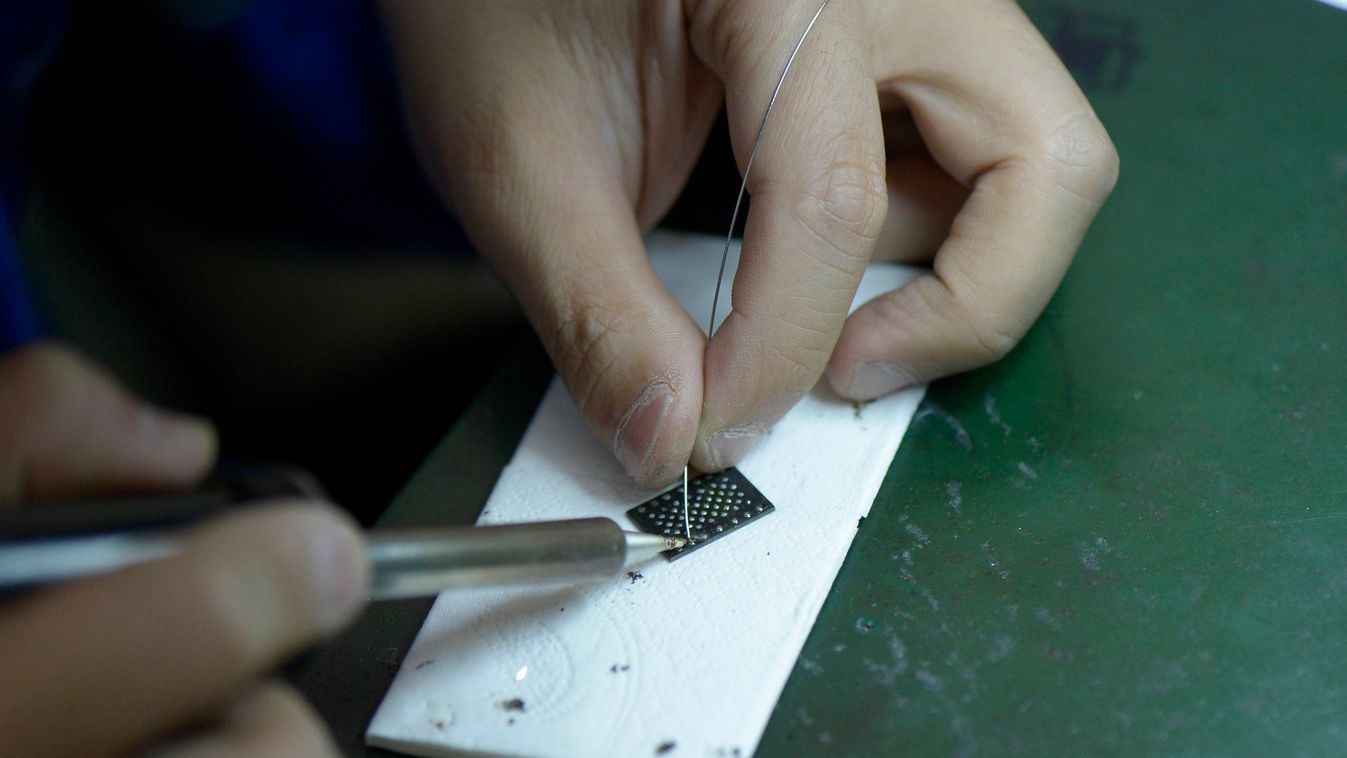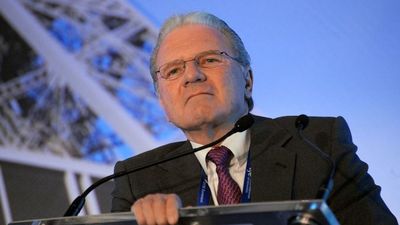Óriási bírságot kapott az Apple


Az Egyesült Államok bírósága több mint fél milliárd dollárra büntette meg az Apple-t, miután olyan technológiát használtak az egyik chipjük esetében, amelyet egy wisconsini egyetem professzora és diákjai fejlesztettek ki – írja a BBC.
A bírság mértéke 506 millió dollár (133 milliárd forint),
ebből 234 millió dollár azért kell fizetnie a technológiai óriásnak, mert elvesztették a pert.
A fennmaradó bírságot azért kapta az Apple, mert az újítást még akkor is használták, amikor a per már rég zajlott. Az egyetem 2014-ben adott be indítványt az Apple ellen.

Az Apple ezek ellenére sem lehet szomorú, ugyanis az egyetem
eredetileg 862 millió dollárra perelte a szilícium-völgyi óriást az okozott károkért.
A szóban forgó szabadalom azzal gyorsította meg a chipek működését, hogy megjósolta azt, hogy mire fogják használni azokat.
Az eredeti ügyet az A7, A8 és A8X processzorok esetében indították,
ezek megtalálhatóak voltak az iPhone 5S-ben és az iPad Air 2-ben.
Azonban a per ellenére a technológiát tovább használta az Apple az új generációs processzoroknál is (A9, A9X), ezeket az iPhone 6S-be és iPad Pro-ba ültették be.











